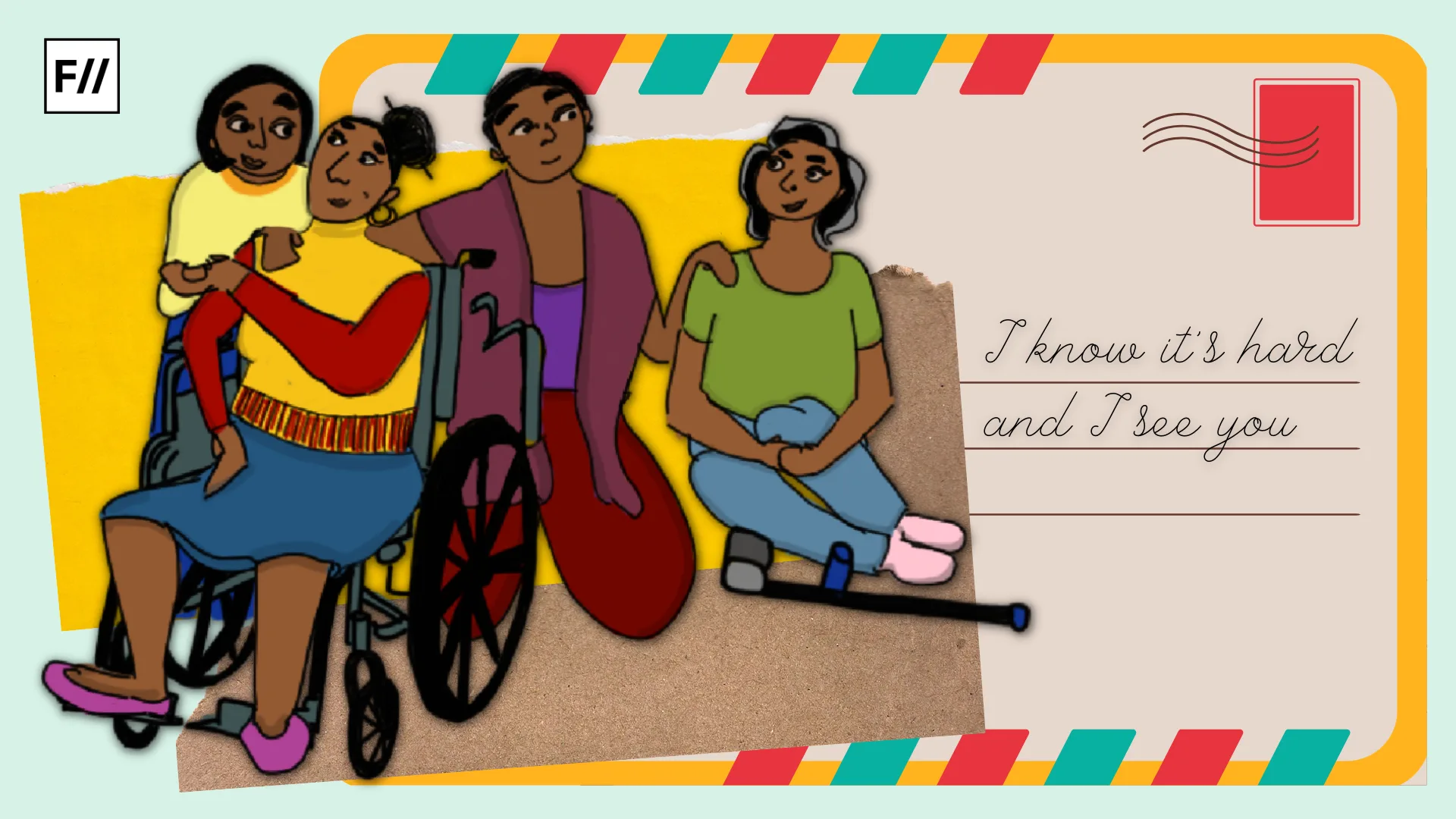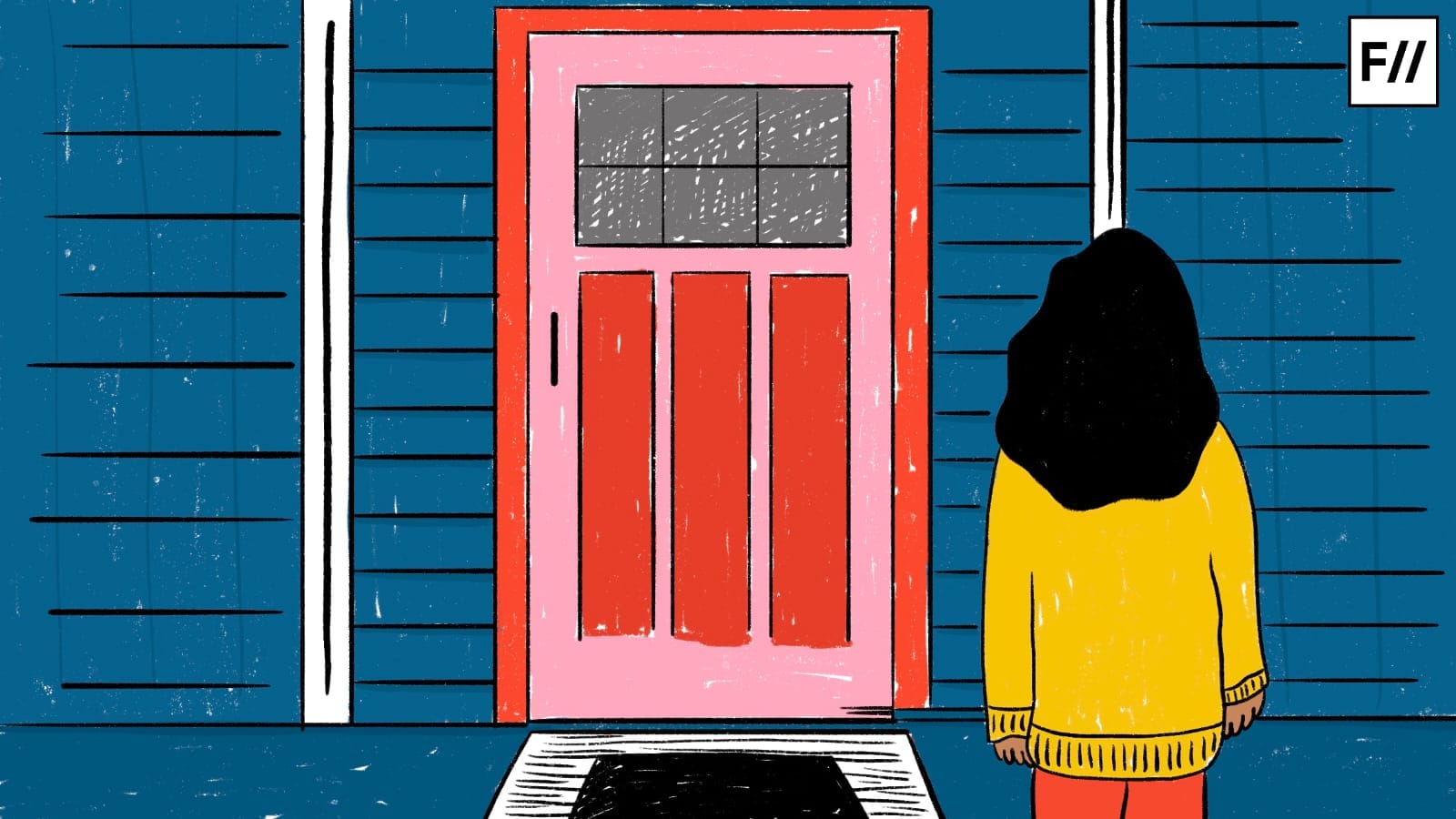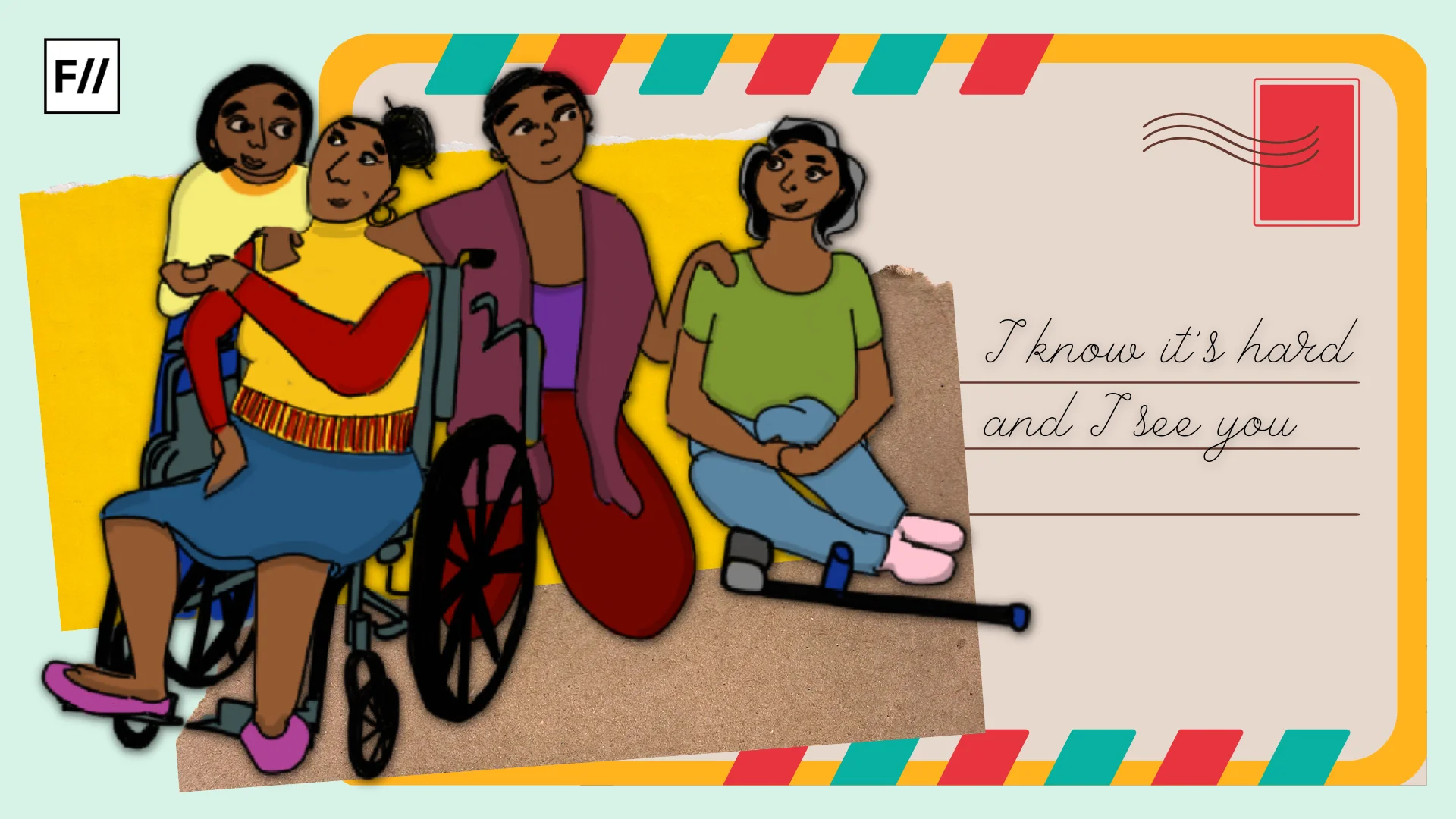Disability, as a category of lived experience and socio-political identity, is not only constructed through material inaccessibility, but also through emotional and relational marginalisation. One such understudied terrain is the affective experience of unrequited love among disabled individuals—particularly in queer contexts—where silence is often chosen not out of emotional reticence, but as a calculated act of self-preservation within a structurally ableist world.
When law seeps into the personal lives of disabled people
The dominant frameworks for addressing discrimination against persons with disabilities in India, including the Rights of Persons with Disabilities (RPwD) Act, 2016, foreground the principle of reasonable accommodation. This legal tool aims to provide necessary modifications or adjustments that enable persons with disabilities to participate equally in all aspects of life, barring cases where such accommodation would impose a disproportionate or undue burden. While this is instrumental in contexts like employment, education, or public services, its implications resonate far beyond the formal spaces for which it was designed.
In personal, informal, and particularly intimate relationships, the language of “reasonable accommodation” does not explicitly apply. Yet, its logic—especially the notion of “undue burden”—seeps into the emotional calculus of disabled people, often subconsciously. The internalised cost-benefit analysis that the legal framework encourages can influence how disabled individuals approach the articulation of their emotional needs, desires, and vulnerabilities—most notably in contexts of unreciprocated affection.

In such cases, unrequited love becomes more than an emotional disappointment; it becomes a safe zone. Remaining silent about desire functions as a strategy to avoid not only rejection, but the risk of appearing unreasonable—too needy, too complex, too demanding. The person experiencing affection may withhold expression not due to a lack of desire, but due to the anticipation that disclosing such feelings could be interpreted as placing an emotional burden on someone who may not be prepared—or willing—to engage with the embodied realities of disability.
The queerness compounding effect
This hesitation is amplified in queer contexts, where social scripts for relationships are already under renegotiation. Queer disabled people exist at the intersections of two non-normative identities, which can magnify the perceived risk of articulating desire. In this framework, silence functions not simply as repression, but as an adaptive mechanism in a world where relational legitimacy for disabled people is persistently denied.
Such silence is not neutral. It reflects the pervasive internalisation of the “undue burden” narrative, wherein disabled individuals pre-emptively remove themselves from relational possibility to avoid placing others in discomfort or perceived obligation. The idea that access—emotional, logistical, or communicative—might be burdensome is not only structural, but also deeply intimate.
A step ahead of reasonable accomodation
This is where the distinction between reasonable accommodation and what disability justice theorists term access intimacy becomes crucial. Coined by Nia Mingus, access intimacy refers to the felt sense of being understood without excessive explanation, especially in relation to access needs. While reasonable accommodation is technical, institutional, and often external, access intimacy is affective, intuitive, and deeply personal. It is not policy—it is relational ethics.
While reasonable accommodation is technical, institutional, and often external, access intimacy is affective, intuitive, and deeply personal. It is not policy—it is relational ethics.
Yet access intimacy, by its very nature, cannot be demanded. It arises organically, and is often experienced only sporadically, if at all. For many disabled individuals, particularly those with invisible or fluctuating disabilities, the absence of access intimacy in relationships leads to heightened self-censorship. The fear of being perceived as “too much”—emotionally or practically—leads to a withdrawal from full participation in the affective life of a relationship.

Consequently, unrequited affection becomes not just common, but structurally reinforced. When disabled people choose not to express desire, it is not merely a personal choice, but a reflection of the conditions under which desire is made legible or illegible, permissible or excessive. In this context, love—or even the possibility of love—is filtered through a framework of risk management, with silence functioning as a mechanism of control.
Rewriting legal scripts into personal ones
In this light, the concept of “undue burden”, as applied in reasonable accommodation law, must be re-evaluated not only as a legal principle but as a cultural metaphor. Its implications reach beyond architecture or employment policy; it quietly governs the affective possibilities available to disabled people. It becomes the invisible yardstick against which we measure the worthiness of our own desires, and the legitimacy of asking to be met in our full complexity.
Thus, while reasonable accommodation has been a critical step in recognising the rights of persons with disabilities, its limitations become starkly visible in the sphere of emotional and romantic relationships. The legal emphasis on “not asking for too much” easily slips into a broader politics of self-limitation, where disabled people begin to believe they must be as low-maintenance and undemanding as possible—even in matters of the heart.
To resist this, a broader cultural shift is needed—one that moves beyond compliance into compassion, and from access-as-adjustment into access-as-relationship.
To resist this, a broader cultural shift is needed—one that moves beyond compliance into compassion, and from access-as-adjustment into access-as-relationship. It requires dismantling the deeply held belief that disabled desire is inherently burdensome, and affirming instead that relational access is not a concession, but a shared practice of care.

Only then can we begin to imagine relationships—romantic or otherwise—where silence is no longer a refuge from rejection, but an option among many. And where disabled people are no longer spectators to their own longings, but active participants in the messy, vulnerable, and beautiful terrain of human connection.
This article is part of a joint initiative by Feminism in India and QAble for Queer Disability Pride Month. QAble works at the intersection of queer and disability justice within law and policy, fostering social inclusion through culture and legal inclusion through community-led advocacy. If you’re a QPwD seeking support, QAble is here for you. Pride is for all of us.
About the author(s)
Anchal is the founder of QAble - an initiative to foreground queer and disability conversations in law and policy, and a research fellow at the Vidhi Centre for Legal Policy.




